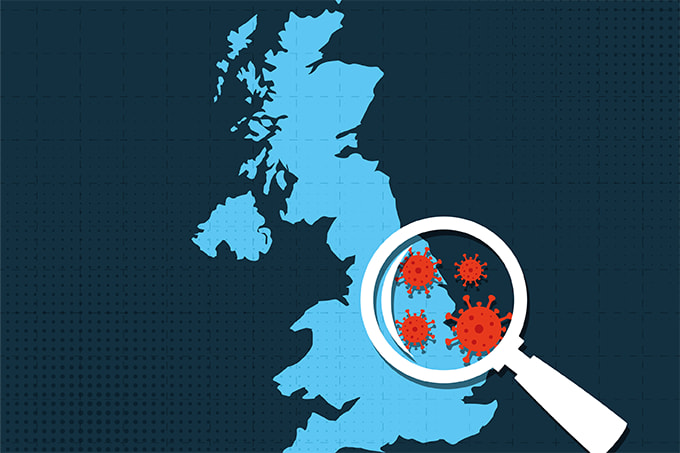
We asked pathologists and laboratory medicine professionals to tell us how their professional and personal lives have changed during the COVID-19 pandemic.
Judy Melinek, Forensic Pathologist, Wellington, New Zealand
I was in charge of the COVID-19 response at the Alameda County Sheriff-Coroner’s office. As soon as I learned that there was a “novel flu” in Wuhan, China, I started reading up about it. Just like any other scientist, I went to original sources – in Wuhan, in Singapore, in Taiwan, and everywhere else that had experience with SARS-CoV-2 before it reached the United States. And I realized fairly early on that we were not doing the right thing. We were not on the right trajectory. The American response was sluggish and slow and not comprehensive enough. And I came to the conclusion, as an informed medical expert, that the public health response we should have been emulating was that of New Zealand. In fact, I thought the whole world should be doing what New Zealand was doing.
After studying the approaches used elsewhere, I put together a protocol for the Alameda County office – and it was constantly violated. They didn’t follow my recommendations; people were not wearing masks; they were not socially distancing at work, even though it was an enclosed space; they were not wearing sufficient PPE when they went out to pick up decedents. And frankly, I got scared. I got scared that I was going to bring it home to my husband – or my kids – or my mother, who lives with us and is in her 70s – or other family members, several of whom have pre-existing conditions. I didn’t want to be the one who brought the virus home from work and infected them because of the lack of adherence to protocols that I had myself written.
Then, I got an email telling me that New Zealand was looking for pathologists – it basically said, “Would you like to work somewhere free from worries of COVID-19?” And I did. I could see the writing on the wall for America. Our numbers were climbing exponentially – and things were getting worse, not better.
I applied immediately, received an offer, and we were on a plane within two months. When we arrived, we spent two weeks in quarantine-mandated managed isolation, and then I started work here in Wellington in August 2020. It was one of the best decisions I’ve ever made in my life. Things here are normal. Remember what life was like before COVID-19? That’s what it’s like here in New Zealand. And, in my honest opinion, this is what the entire world should have done in a coordinated effort. If they had, we would be at zero COVID-19 worldwide now. It would be gone. The virus has a lifespan of only a few weeks, so if everybody had locked down completely for six weeks – like New Zealand – we’d have been able to go back to normal afterward.
I’m not saying all hope is lost. Now that we have effective vaccines, the United States could still do a six-week lockdown and, as we lift it, vaccinate anyone who hasn’t yet been vaccinated. If we did, I think we Americans would be able to go back to our “old normal” afterward – walking around without masks, attending concerts, partying… That’s what we’re doing here in New Zealand. The only difference between now and pre-pandemic times is that New Zealand’s borders are completely locked down. Nobody goes in or out without a two-week period of managed isolation and multiple negative COVID-19 tests.
That’s how we’re keeping SARS-CoV-2 out of New Zealand, but I’m worried about the rest of the world. In the Petri dish places where people aren’t wearing masks or socially distancing, the virus will continue to spread and mutate until it eventually evades our vaccines. We’ll be locked in a constant arms race with it – a new mutation; a new vaccine; a new mutation; and so on. I don’t think this virus will respond to mitigation efforts and I don’t think we can vaccinate our way out of the pandemic; I think we have to get it to zero. In the meantime, I – and a lot of other scientists – are worried that slow vaccine rollouts and inadequate border restrictions will create a situation in which we’re selecting for a virus that will be vaccine-resistant.




